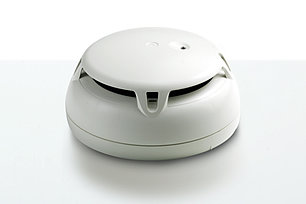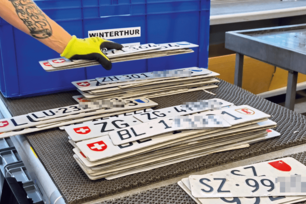Deep Learning uses artificial intelligence to reliably recognize complex features and objects and helps with specific applications that are too difficult, time-consuming or expensive for conventional image processing systems.
Deep Learning is a proven, optimised and robust inspection technology based on current machine learning algorithms. By combining Artificial Intelligence (AI) with machine vision software, it automates and scales complex part location, assembly verification, defect detection, classification and character recognition inspection applications that were previously too difficult or time-consuming with rule-based machine vision. Compar AG relies on Deep Learning libraries from the world market leader. Based on the customer's requirements, the appropriate algorithms for the solution are elicited, tested and finally implemented.
Complex defect detection tasks
Deep Learning algorithms learn from images of defect-free parts, for example, to detect bad parts. This approach is ideal for finding anomalies on complex parts and surfaces, even in situations where the appearance of defects can be unpredictable.
Complex manufacturing applications become easy with Deep Learning
Deep learning algorithms are specifically suited to tackle part localisation, assembly verification, defect detection, classification and OCR application.
Fast processing times
Thanks to today's GPU technology, Deep Learning algorithms can be executed very quickly, making their solutions ideal for online testing in production lines.


